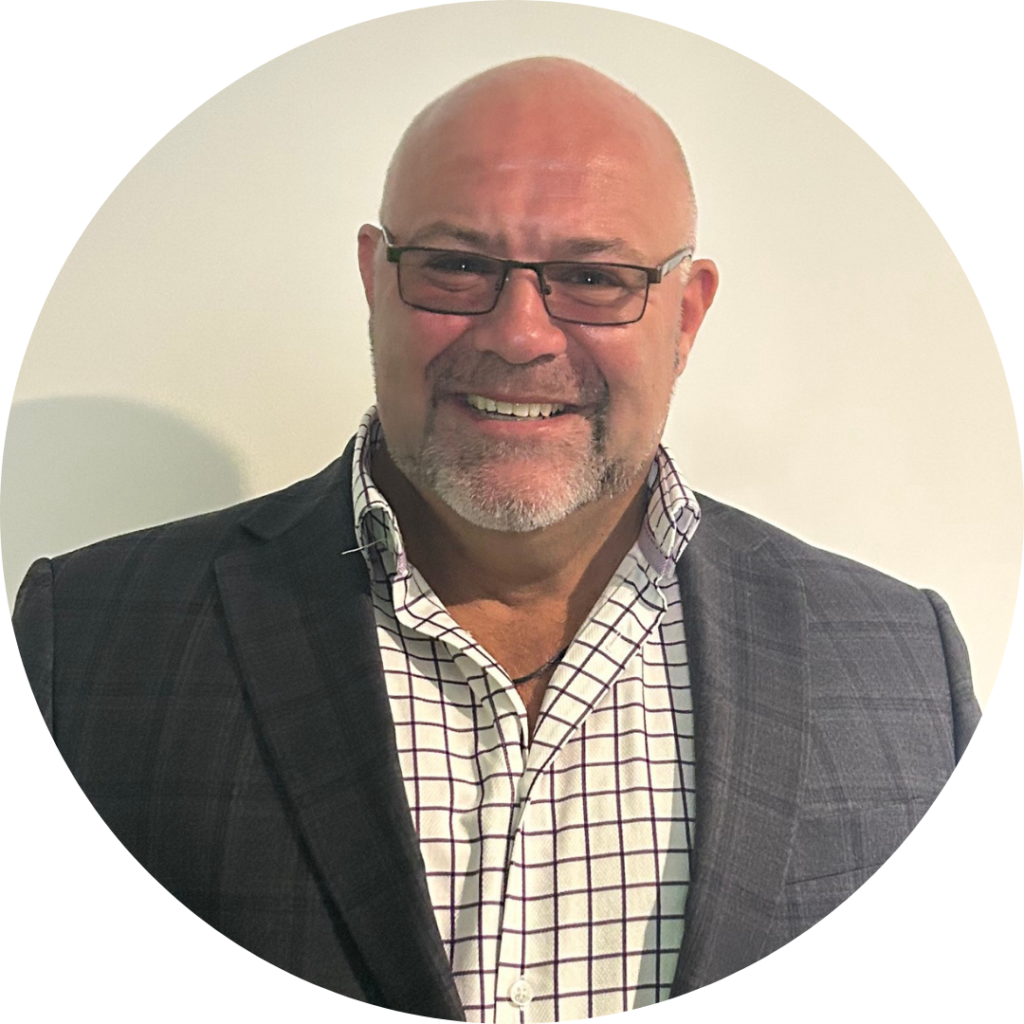EP#85: Reflecting on Australia’s reconciliation journey with Brendan Moyle
Last week, Australia commemorated Reconciliation Week. It was a chance to celebrate progress, but also to consider the inequalities First Nations people still face in Australia. Across health, education, justice and employment, the country still has some way to go to truly close the gap.
On this episode of Work with Purpose, Brendan Moyle, executive branch manager of the Office of Aboriginal and Torres Strait Islander Affairs at the ACT Government tells us a powerful story about First Nations reconciliation, reflecting deeply on the persisting gap between conversations and behaviour, and how everyone in Australia can learn to walk the talk. Together with host David Pembroke, Brendan also talks us through the important role of valuing First Nations people, their contributions and their stories, and shares his tips on how to become a true ally to their cause.
Discussed in this episode:
- The persistent inequalities First Nations people still face
- Australia’s progress towards reconciliation
- The importance of getting to know First Nations people’s stories
- Why we need diversity of thinking
- How to become an ally
- The key role of First Nations public servants in building bridges
Guests:

Brendan Moyle
Brendan Moyle is a Kamilaroi/Gomeroi man with cultural connections across north-west NSW, but has lived and worked in communities across NSW and the ACT. He is currently executive branch manager of the Office of Aboriginal and Torres Strait Islander Affairs at the ACT Government.
He was previously CEO of Darkinjung Local Aboriginal Land Council, and has worked across the NSW and commonwealth governments, holding senior positions across a number of Australian government departments focusing on cultural heritage protection, identity, asset and property development, grants administration, governance and leaders, organisational capability, complex social policy development, and program development. He has also held a number of senior leadership roles in Aboriginal community-controlled organisations and ministerial advisory committees, including land rights, community housing, culture and heritage, economic development, legal services and representation, and social justice.